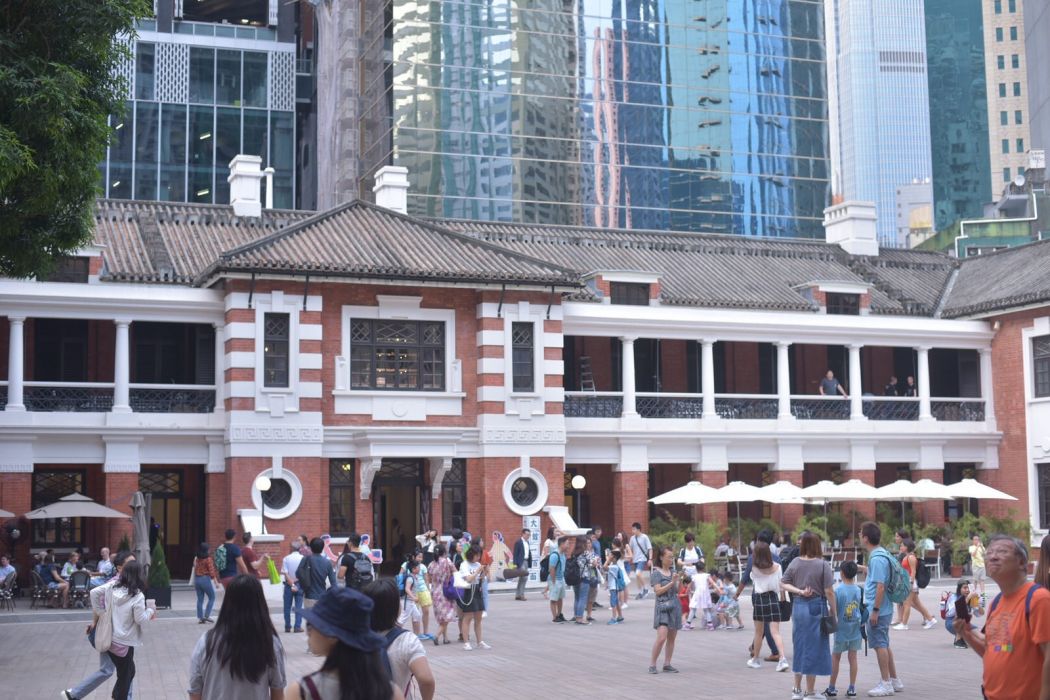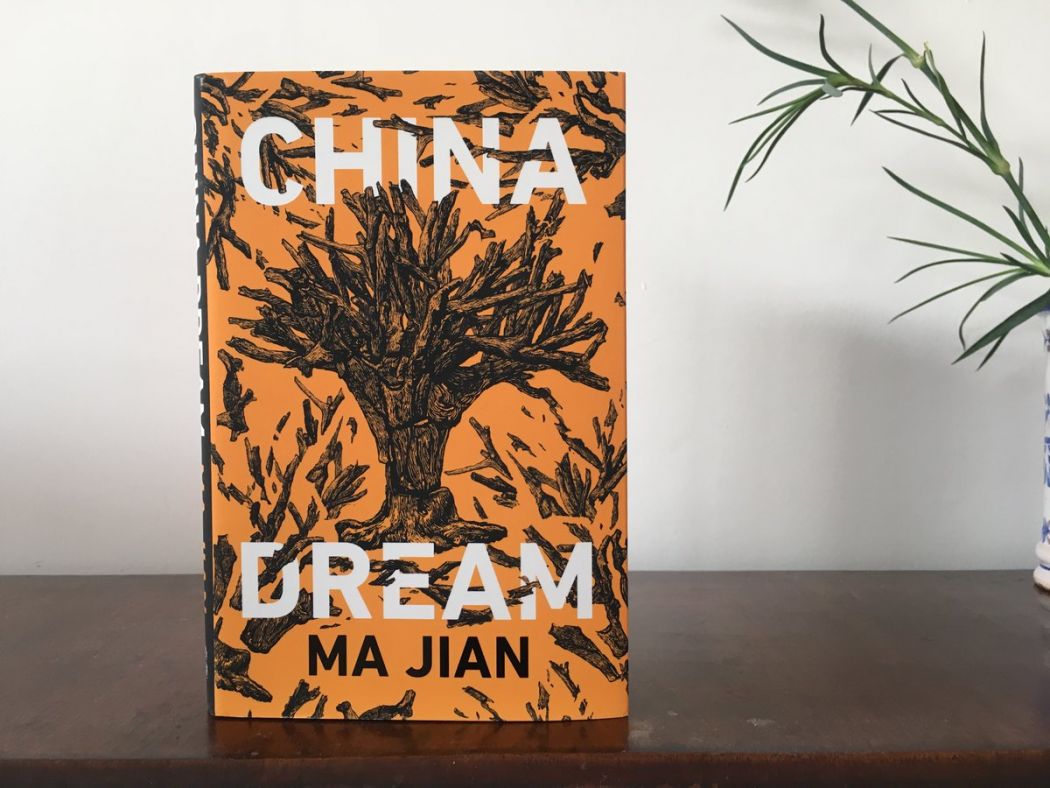A Taiwan publisher has said it will publish “China Dream,” the Chinese version of a controversial new book by Chinese exiled writer Ma Jian.
Ma had said that no Hong Kong publisher was willing to publish the Chinese version of the new novel – a satire critical of Chinese President Xi Jinping. He was scheduled to give two talks at the Hong Kong International Literary Festival but the venue, Central’s Tai Kwun art space, cancelled them, saying that it did not want to “become a platform to promote the political interests of any individual.”

Bei Ling, another Chinese writer living in exile, says his publishing company, Tendancy, plans to publish China Dream in Taiwan.
“On the basis of defending freedom to publish and the creative freedom of authors, Tendency is honoured to confirm that the Chinese version of Ma Jian’s new novel China Dream will be published in Taiwan in 2019,” he said.
Tendency specialises in publishing translations of international classics and exiled writers’ works.

Ma is scheduled to arrive in Hong Kong at around 5pm. Ma, a British citizen, had said he was concerned about possibly being denied entry to the city. Ma is also a Hong Kong permanent resident having lived in the city between 1987 and 1997, before the Handover.
Hong Kong writer Hon Lai-chu is set to appear at a talk on “Hong Kong through the lens of literature“ at 5pm on Saturday alongside Ma. Hon revealed that the venue will be changed to The Annex at Nan Fung Place in Central.
She said rulers have often used fear as means to control the public, and it often worked.
“‘Politics’ was a neutral word – but after years of bans in different ways, ‘politics’ became some kind of untouchable area,” she said. “If someone wants to reject someone or something, it became seemingly reasonable to say it was too ‘political.’”
My plane will soon take off. Thank you for all the support from old and new friends on twitter. There is strength in numbers. I will arrive in Hong Kong at 5pm tomorrow. I look forward to the Festival and to seeing some of you there. pic.twitter.com/zSYiSuovFw
— 马建 Ma Jian (@majian53) November 8, 2018
But Hon said people should take back the freedoms that belong to them.
“To me, literature and freedom cannot be separated,” she said. “Writers will keep asking questions through writing, about societies that they are in – about all kinds of unreasonableness and injustices that we have got used to in the system or life, about life itself, and about man’s place in the world.”
“Maybe because writing forces people to be honest to themselves, it sparks our deep fears, causing bans and obedience.”
